http://dx.doi.org/10.5281/zenodo.15644149
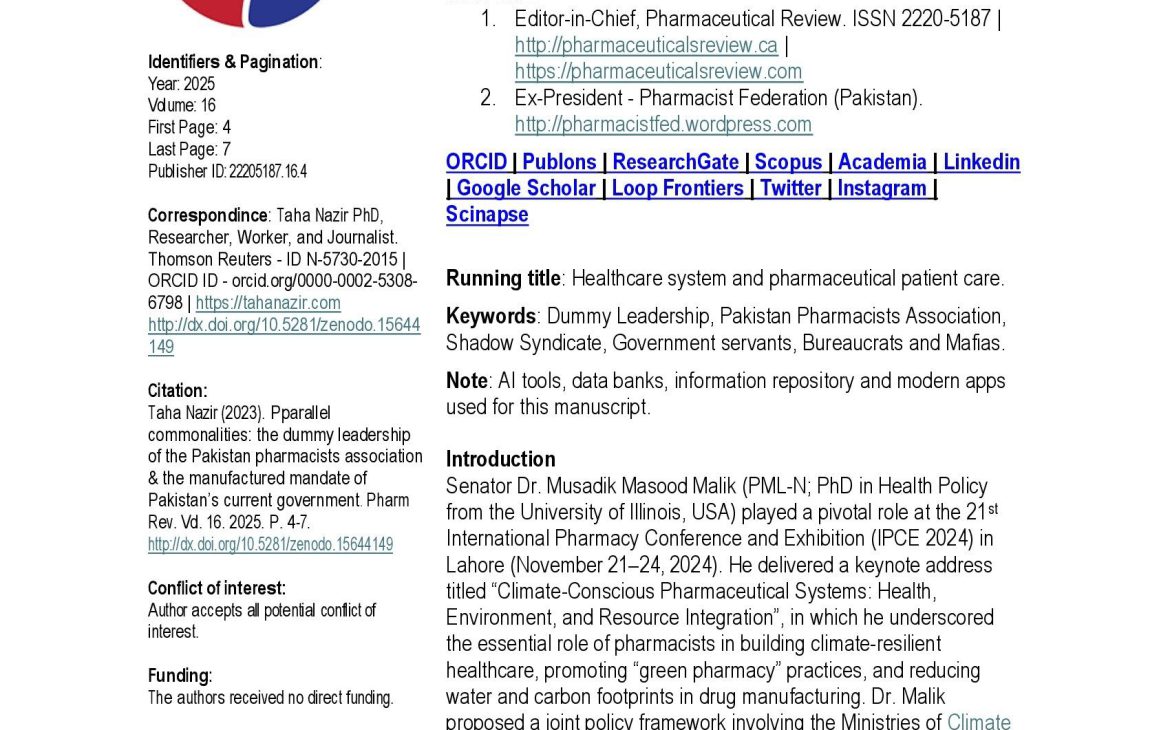


June 11, 2025
by PharmaReviews
0 comments
June 11, 2025
by PharmaReviews
0 comments
https://doi.org/10.5281/zenodo.15642659
Author: Dr. Taha Nazir Nazir – Editor-in-Chief, Pharmaceutical Review. ISSN 2220-5187 | http://pharmaceuticalsreview.ca | https://deeppink-gerbil-660508.hostingersite.com and Ex-President – Pharmacist Federation (Pakistan). http://pharmacistfed.wordpress.com (ORCID | Publons | ResearchGate | Scopus | Academia | Linkedin | Google Scholar | Loop Frontiers | Twitter | Instagram | Scinapse)
The Pakistan Pharmacists Association (PPA) claims to represent over 75,000 pharmacists (ppapak.org.pk). But we proclaim this is a dummy, government-controlled, and compromised body of the pharmacist community in Pakistan. A particular small group of sitting and retired government officials hijacked the pharmaceutical system in Pakistan on behalf of their influences, power, and authority. They are potentially protecting corruption, serving mafias, and working for the sitting government instead of the pharmacist community, healthcare workers, and pharmacy professionals.
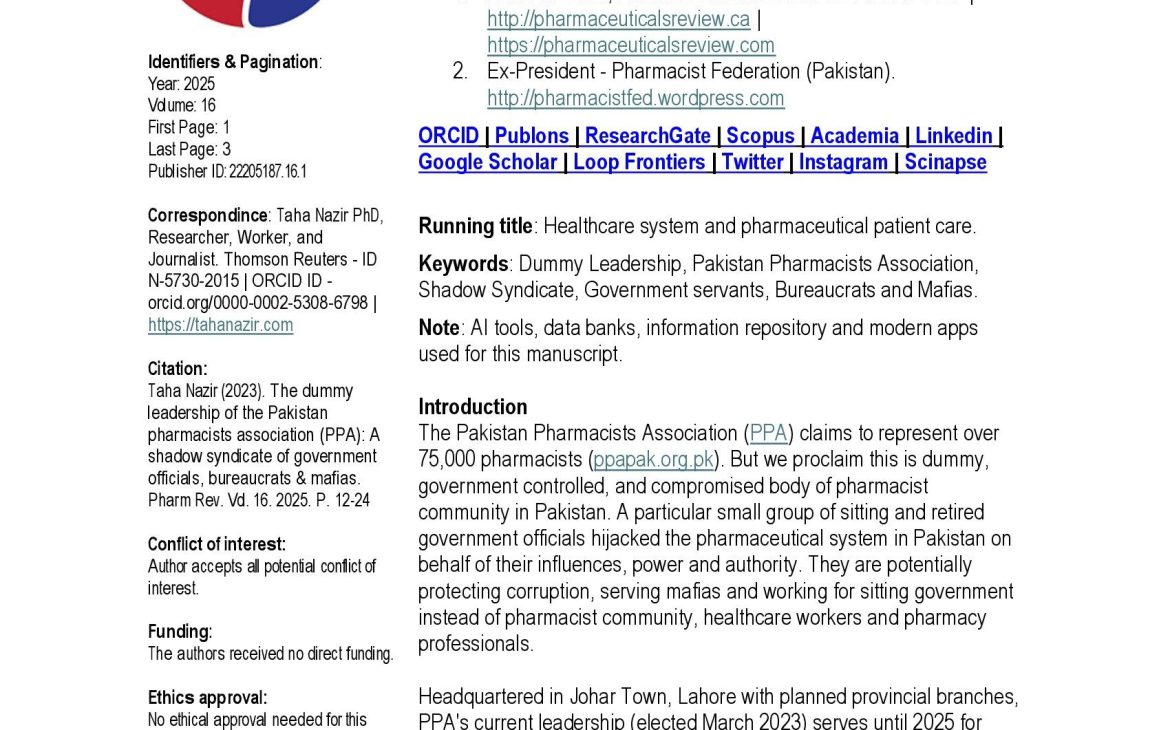
March 22, 2025
by PharmaReviews
0 comments
Pharmaceutical Review (pharmaceuticalsreview.com) A landmark event in the field of pharmaceutical sciences, concluded successfully at Pearl Continental Hotel, Lahore, on January 1, 2025. The four-day event, held from December 29, 2024, to January 1, 2025, attracted national and international experts, researchers, and industry professionals to deliberate on advancements, challenges, and the future of the pharmaceutical sector.

Key Highlights of IPCE-2024
Organized by the Pakistan Pharmacists Association (PPA), the conference featured a rich agenda with keynote addresses, panel discussions, scientific presentations, and hands-on workshops covering a wide spectrum of topics, including pharmaceutical research, clinical pharmacy, regulatory affairs, and technological advancements. The event also hosted an industry exhibition, showcasing state-of-the-art pharmaceutical products, groundbreaking research, and technological innovations by leading national and multinational pharmaceutical companies.



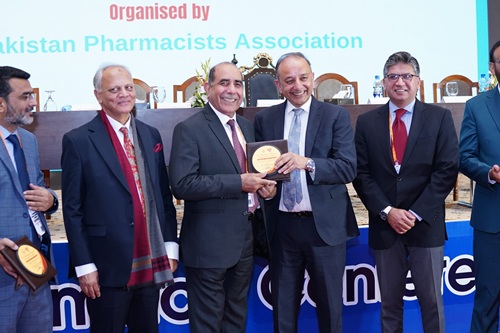




Notable Attendees and Expert Insights
The conference was graced by distinguished professionals, including representatives from the Drug Regulatory Authority of Pakistan (DRAP), the Ministry of National Health Services, senior faculty members from esteemed universities, and eminent pharmacy experts from around the world. It provided an exceptional platform for knowledge exchange, professional networking, and collaboration between academia, industry, and regulatory authorities.
In the inaugural session, the Pakistan Pharmacists Association, emphasized the evolving role of pharmacists in ensuring patient safety, enhancing healthcare outcomes, and adapting to technological advancements. He stated, “IPCE-2024 has reinforced Pakistan’s growing prominence in pharmaceutical research and innovation. This event strengthens the bridge between academia and industry, fostering new ideas and collaborations that drive the sector forward.”
Discussions on Emerging Trends
A significant highlight of the conference was the panel discussion on “The Future of Pharmacy: Digital Transformation and AI Integration”, where experts explored the role of artificial intelligence, automation, and big data in reshaping pharmaceutical research, drug development, and personalized medicine. Research scholars also presented groundbreaking studies on nanotechnology, biosimilars, and precision medicine, demonstrating Pakistan’s commitment to advancing global pharmaceutical trends.
Exhibition and Industry Engagement
The exhibition segment of IPCE-2024 drew significant attention, featuring cutting-edge pharmaceutical products and services. Industry leaders engaged with attendees, fostering discussions on drug innovation, pharmaceutical business trends, and regulatory compliance. The exhibition served as an interactive hub for pharmaceutical companies, investors, and researchers to explore partnerships and future business opportunities.
Recognizing Excellence in Pharmacy
The conference concluded with a prestigious awards ceremony, acknowledging exceptional contributions to pharmaceutical sciences. The guests were honored with the Lifetime Achievement Award for their outstanding contributions to pharmacy education and research. Several other professionals and research teams were recognized for their innovative contributions to pharmaceutical advancements.
Looking Ahead: IPCE-2025
The success of IPCE-2024 has reaffirmed its position as Pakistan’s premier pharmacy event, promoting advancements in pharmaceutical sciences and fostering industry-academia collaborations. The Pakistan Pharmacists Association announced that the 22nd International Pharmacy Conference & Exhibition (IPCE-2025) will be held next year, promising an even broader and more innovative agenda to address the evolving needs of the pharmaceutical industry.
For comprehensive insights, event highlights, and industry trends, visit Pharmaceutical Review.
March 22, 2025
by PharmaReviews
0 comments
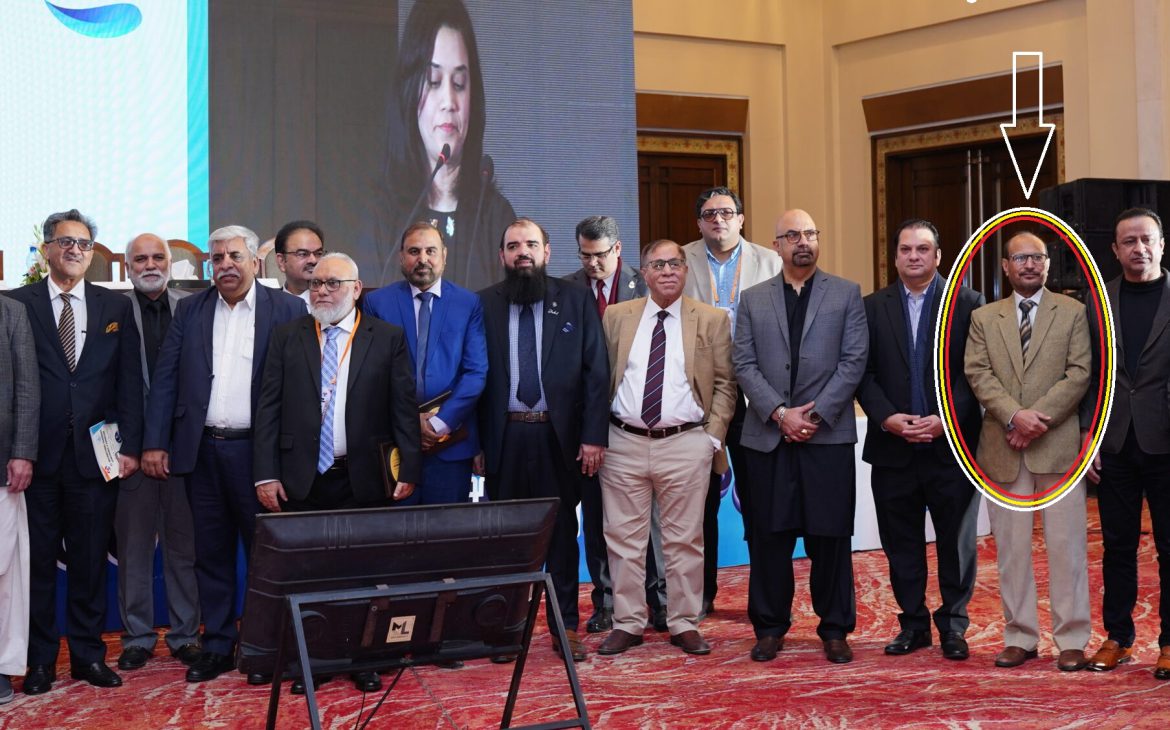
The great king of corruption has successfully participated in 21st International Pharmacy Conference & Exhibition (IPCE-2024), held at the Pearl Continental Hotel, Lahore, from December 29th, 2024 – January 1st, 2025. That confirm the ethical standing and scientific value of this event.
Unluckily, this culprit is working as principal of Lords College of Pharmacy located in the heart of the city, 53-M, Quaid-e-Azam Industrial Estate Kot Lakhpat, Lahore Pakistan (www.lords.edu.pk)
The detail of corruption of this culprit is as under,
March 22, 2025
by PharmaReviews
0 comments
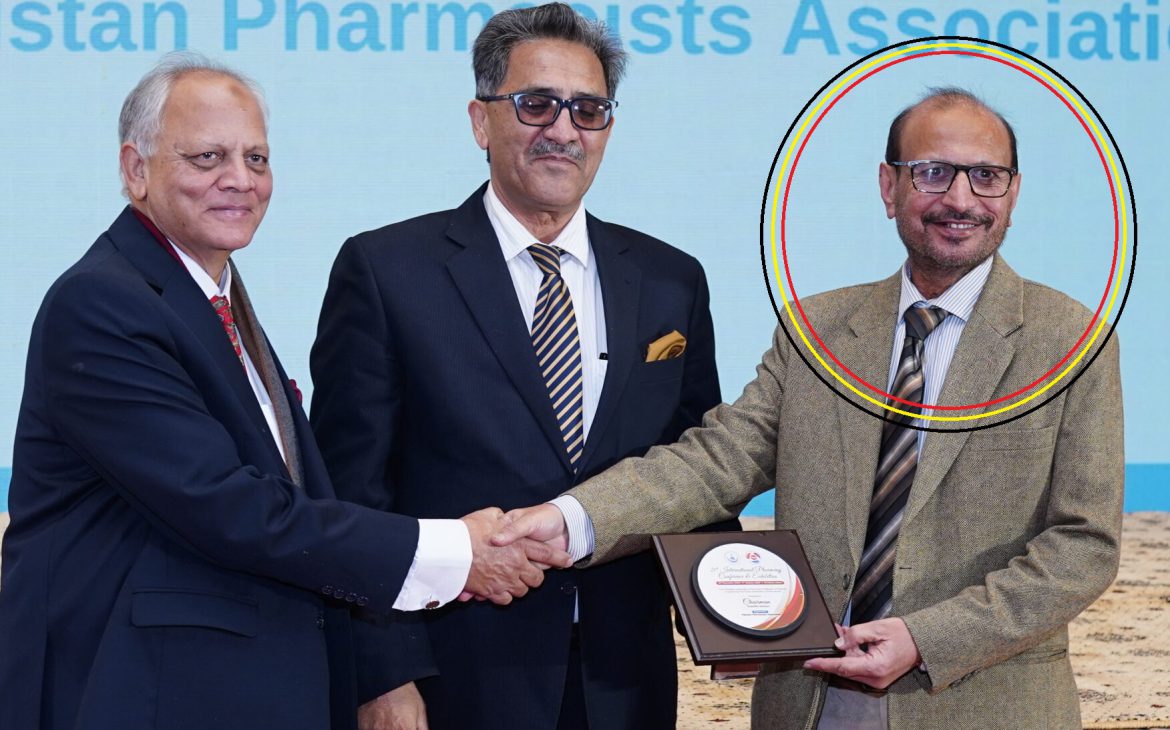
The deceiving champion and hero of corruption is awarded in 21st IPCE-2024. He has participated in 21st International Pharmacy Conference & Exhibition (IPCE-2024), held at the Pearl Continental Hotel, Lahore, from December 29th, 2024 – January 1st, 2025. So, we can understand the professional standing and technical value of this conference. Unluckily, the culprit is working as principal of Lords College of Pharmacy located in the heart of the city, 53-M, Quaid-e-Azam Industrial Estate Kot Lakhpat, Lahore Pakistan (www.lords.edu.pk)
The evidence of this culprit are as below,
February 15, 2025
by PharmaReviews
0 comments
Pharmaceutical Review (Staff Reporter). Dr. Arif Arain, Ex-President Pharmacist Federation (Pakistan) helping and supporting Indus Hospital Karachi Pakistan. He has exceptional professional contribution to make the pharmaceutical patient care at its best possible level.
December 23, 2024
by PharmaReviews
0 comments
Pharmaceutical Review (Reported by Mehr Talha Zaheer) The prestigious Punjab University College of Pharmacy (PUCP) hosted a grand alumni dinner this weekend, marking a momentous occasion that brought together graduates from across decades. The “Once-in-a-Decade Alumni Dinner” was held on campus, blending nostalgia with celebration as former students reconnected with old friends, professors, and their alma mater.
The event was a showcase of PUCP’s rich legacy, with attendees sharing stories of their academic journeys and professional accomplishments. Distinguished alumni who have excelled in various fields addressed the gathering, inspiring the younger generations with their experiences.
The Nazim of Islami Jamiat Talaba, Department of Pharmacy, welcomed the attendees, highlighting the college’s strides in academic and research excellence over the years. “This evening is not just a reunion; it is a celebration of the bonds we share and the collective impact of our alumni in the pharmacy sector,” He said.
The evening featured a series of engaging activities, including a panel discussion on the future of pharmacy, cultural performances by current students, and a heartwarming tribute to the founding faculty of PUCP. A sumptuous dinner and networking sessions followed, giving alumni a chance to reminisce about their college days and forge new connections.
The event culminated with the announcement of an Alumni Endowment Fund aimed at supporting scholarships for deserving students and enhancing the college’s research capabilities.
The “Once-in-a-Decade Alumni Dinner” reinforced the pride and camaraderie among PUCP graduates, leaving everyone eagerly anticipating the next grand gathering.








November 6, 2024
by PharmaReviews
0 comments
Pharmaceutical Review (Reported by Prof. Dr. Zain Ul Hasnain) A Symposium hosted by Faculty of Pharmacy, Hamdard University, Karachi Pakistan. The symposium was organized in collaboration with Naimat Begum Hamdard Hospital Karachi on world Day 2024. The pictorial review is as under,
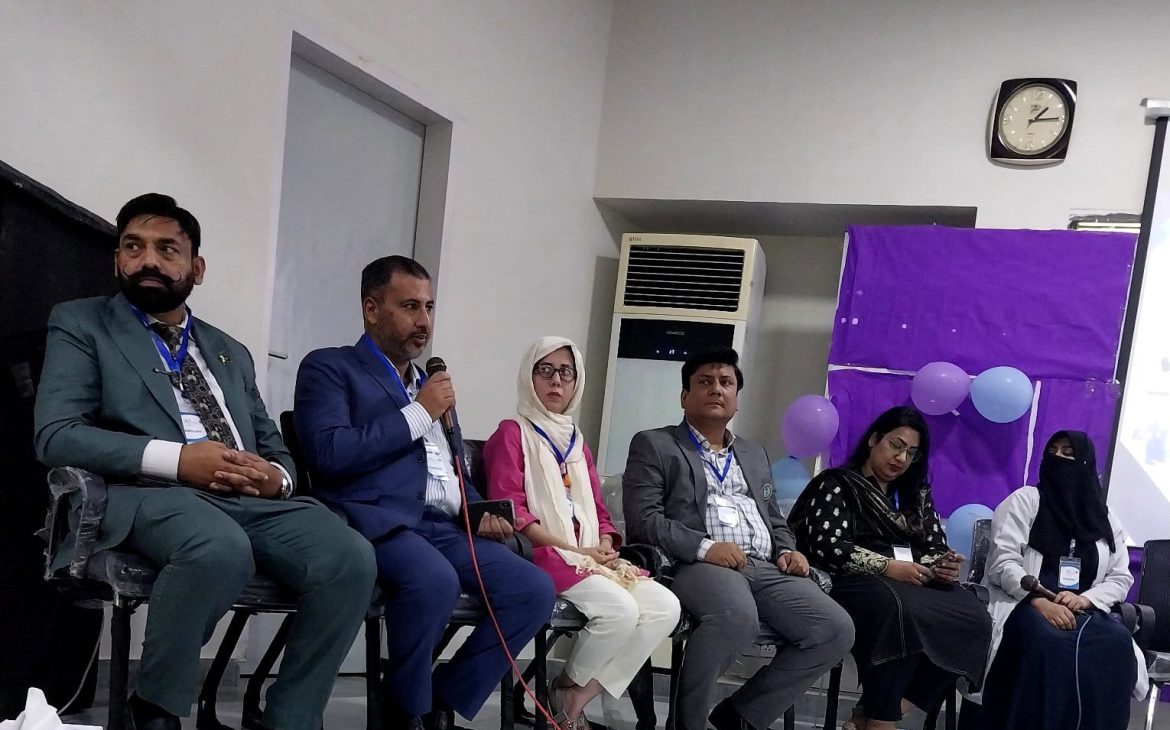
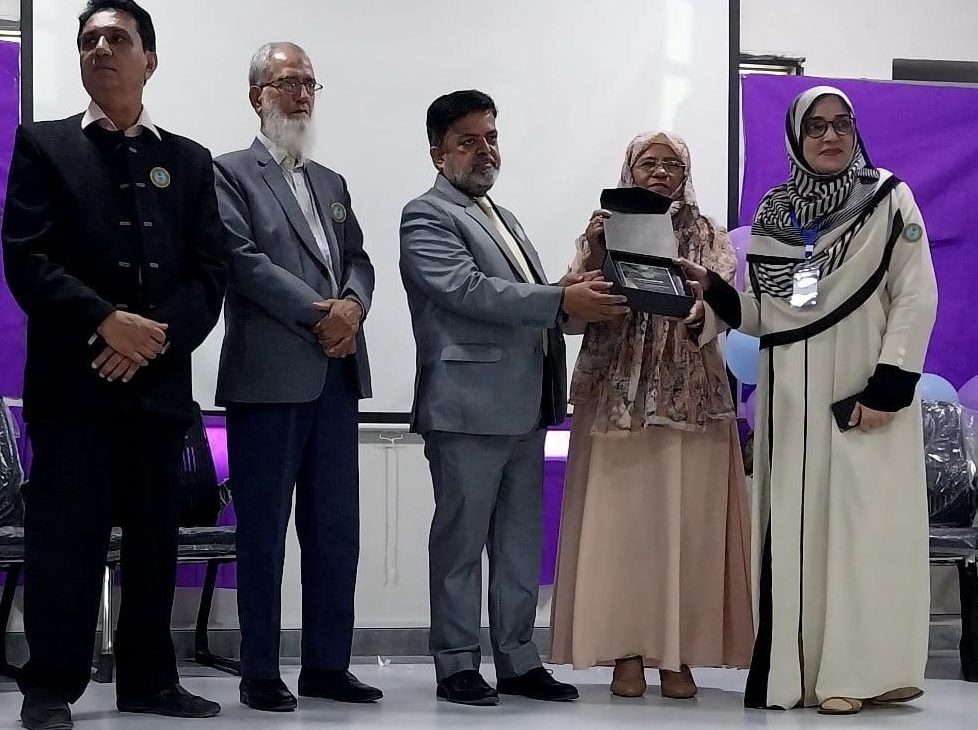

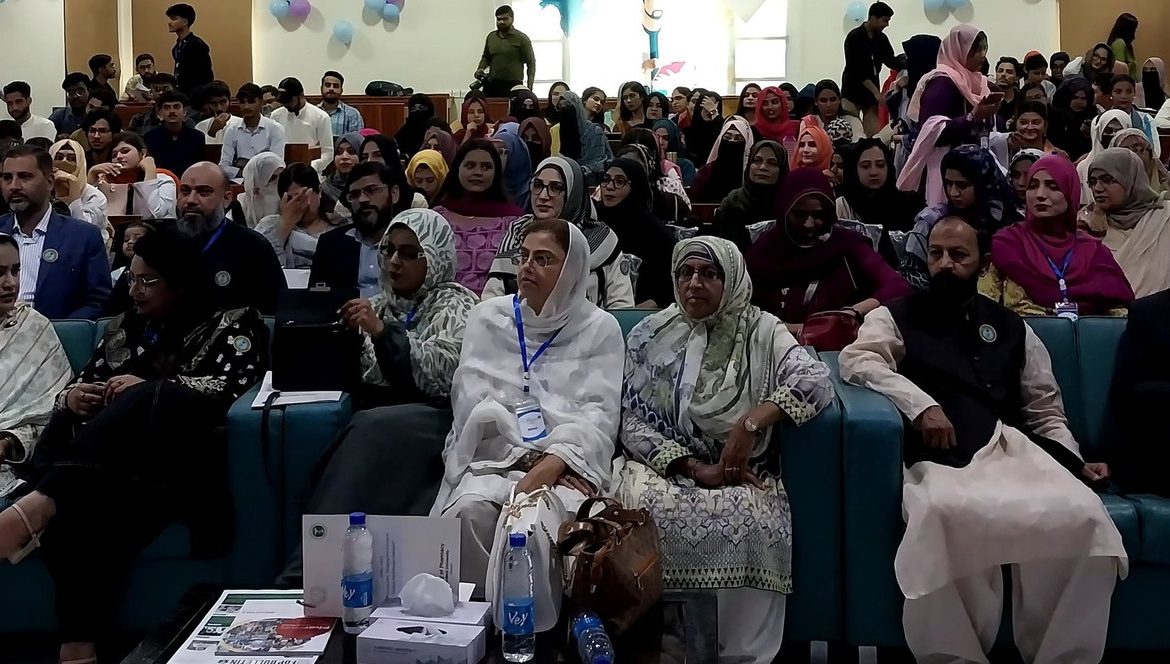

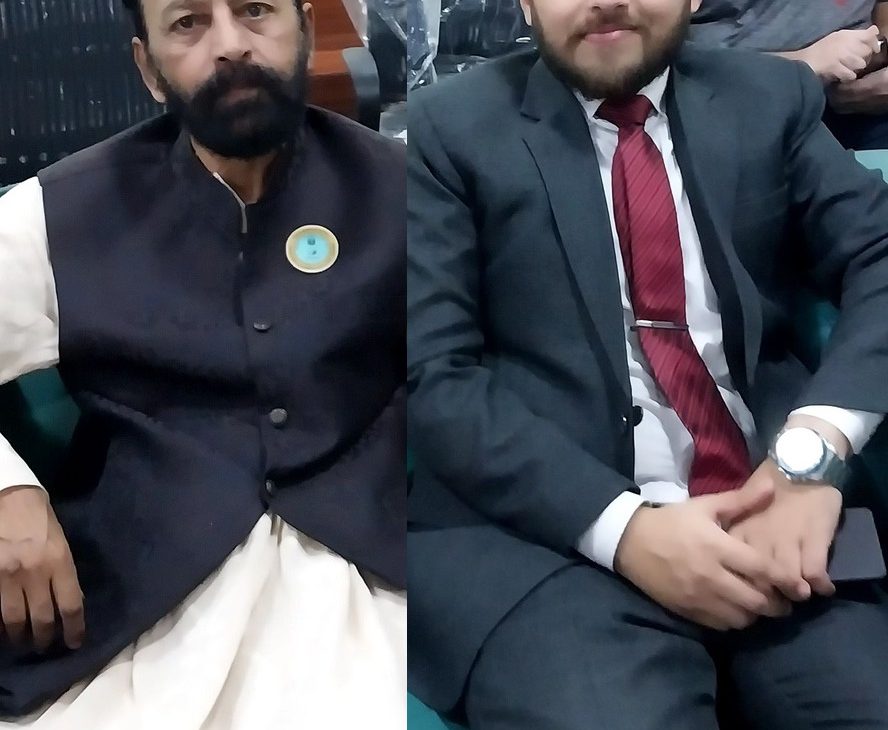
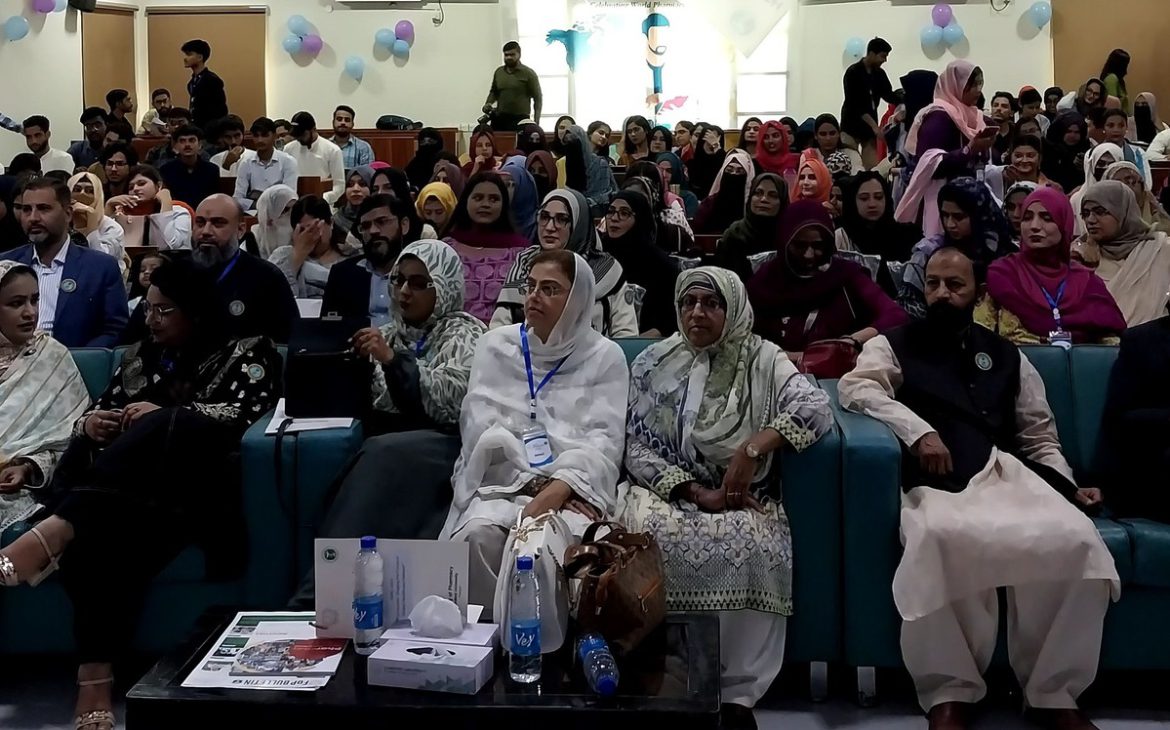
October 9, 2024
by PharmaReviews
0 comments
Pharmaceutical Review (Staff Reporter) It’s an opportunity to honor the vital role pharmacists play in healthcare. On September 25, 2024 World Pharmacist Day all over the world. A celebrations hosted by IITECH (Pharm- D) Institute Gujranwala, Pakistan. Dr. Hafiz Faisal was invited Chief Guest of the event. #WorldPharmacistsDay
At II-TECH, student obtained the formal education and become leaders of tomorrow. The faculty is full of highly qualified staff – both foreign and local talent. With practical industry experience, the faculty focuses on nurturing practical skills among students. With cutting-edge research facilities and innovation-driven programs, our students are encouraged to explore and contribute to innovation. Additionally, the campus offers vibrance opportunities for students from various backgrounds to connect for lifelong friendships. Hence, II-TECH, don’t just educate, but inspire and prepare the leaders of tomorrow.







October 9, 2024
by PharmaReviews
0 comments
Pharmaceutical Review (Staff Reporter) World Pharmacists Day 2024 was hosted by Department of Pharmacy, University of Chenab. Gujrat, Punjab, Pakistan. The departmental head, teaching faculty and institutional stall has arranged and event. Some Glimpses of Celebrations of “World Pharmacists Day 2024” are as under,
#WorldPharmacistsDay



